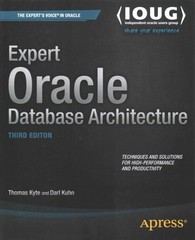Question
To avoid this sequence of events, insert lock and unlock statements in put and get routines so that the number of keys missing is always
To avoid this sequence of events, insert lock and unlock statements in put and get routines so that the number of keys missing is always 0. The relevant pthread calls are (for more see the manual pages, man pthread):
pthread_mutex_t lock; // declare a lock
pthread_mutex_init(&lock, NULL); // initialize the lock
pthread_mutex_lock(&lock); // acquire lock
pthread_mutex_unlock(&lock); // release lock
Test your code first with 1 thread, then test it with 2 threads. Is it correct (i.e. have you eliminated missing keys?)? Is the two-threaded version faster than the single-threaded version?
I just want a general answer.
Step by Step Solution
There are 3 Steps involved in it
Step: 1

Get Instant Access to Expert-Tailored Solutions
See step-by-step solutions with expert insights and AI powered tools for academic success
Step: 2

Step: 3

Ace Your Homework with AI
Get the answers you need in no time with our AI-driven, step-by-step assistance
Get Started


